Psychedelic Retreat informed by Acceptance and Commitment Therapy, with one-to-one follow up integration
£2,300.00
*Add to basket option is for payment only after application is approved”
Location:
Weert, The Netherlands
2025 Dates:
- 4-8th June
Contribution:
- £2300 (accommodation and meals included, excluding cost of psilocybin truffles (approx £80 – provided by a trusted legal third party).
- Contact us for concessionary fees
Facilitators:
- Henry Whitfield,
- Robert Krause,
- Tamara Slock &
- Karlie Shelley
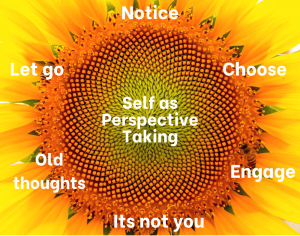 In the recent Special issue for Psychedelics in the Journal of Contextual Behavioral Science 2020, multiple leading researchers illustrate how ACT and psychedelics can be interwoven to create what may become new era of breakthrough therapies. This retreat has been developed in a very similar vein and following the daily data of 62 single cases that we already collected during these retreats.
In the recent Special issue for Psychedelics in the Journal of Contextual Behavioral Science 2020, multiple leading researchers illustrate how ACT and psychedelics can be interwoven to create what may become new era of breakthrough therapies. This retreat has been developed in a very similar vein and following the daily data of 62 single cases that we already collected during these retreats.
This programme is aimed at mental health professionals interested in becoming psychedelic-assisted therapists, psychedelic therapists interested in an ACT-informed psychedelic experience and those wishing to better support people in integrating psychedelic experience. There is currently a psychedelic research renaissance involving sizeable clinical trials in both Europe and the USA. The current results suggest unprecedented success rates for depression, addictions and more. With such trials underway, psilocybin is expected be medically licensed in the next 5 years.
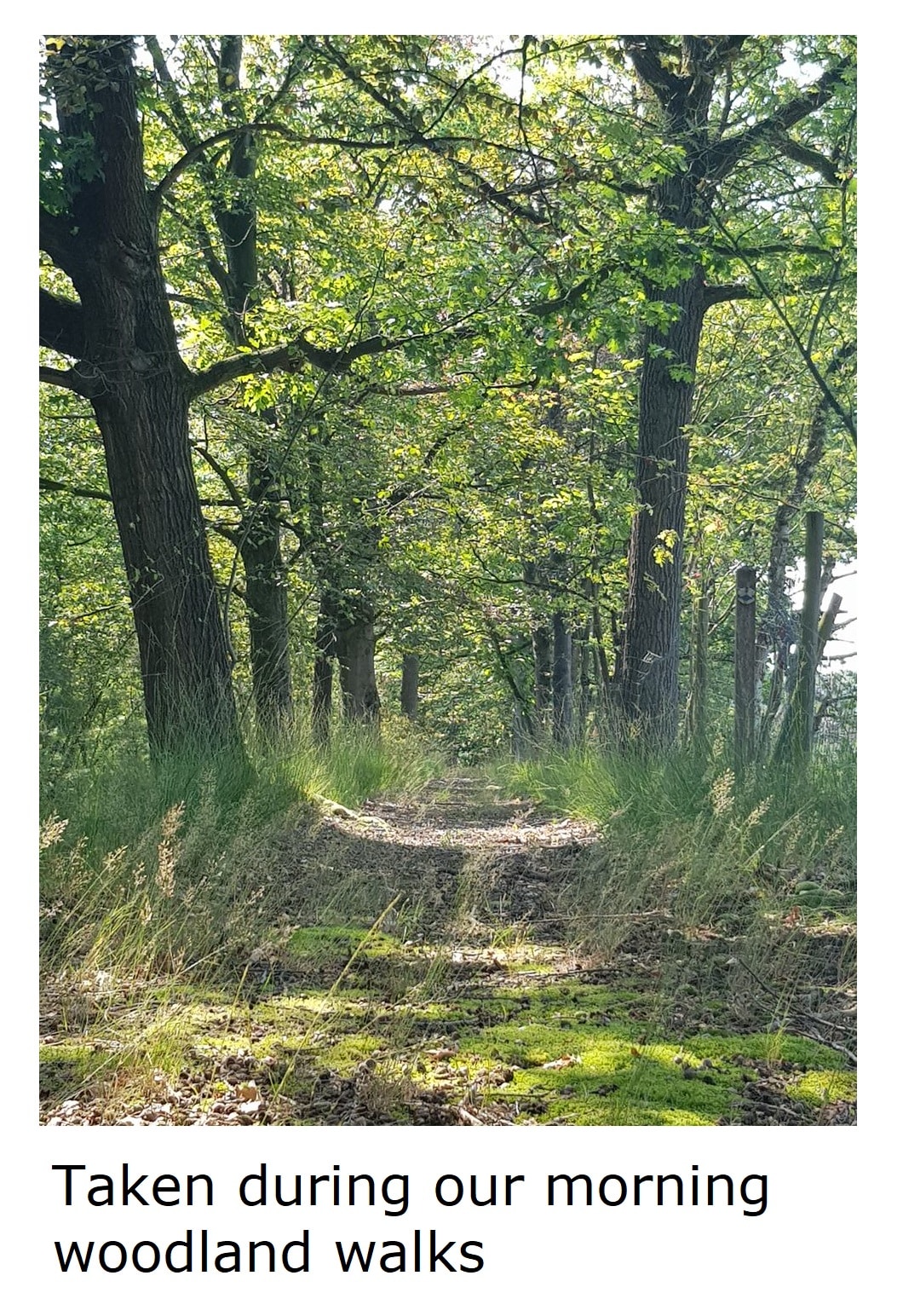 Following recent developments in psychopharmacology research (see New Atlas FDA Breakthrough therapy, or Wired for more depth). The purpose of this retreat is to prepare and connect those interested in such developments. If you are interested in collaborating on future retreats like this, you are especially welcome.
Following recent developments in psychopharmacology research (see New Atlas FDA Breakthrough therapy, or Wired for more depth). The purpose of this retreat is to prepare and connect those interested in such developments. If you are interested in collaborating on future retreats like this, you are especially welcome.
The Programme: This four and a half day retreat + two month (average length) integration programme consists of:
Day 1: Arrival (in the afternoon) and preparation: approaching the psychedelic experience as an opportunity for personal growth, leaning into challenging emotions and opening to a flexible sense of self.
All are welcome to use the sauna or Jacuzzi each evening.
Day 2: Self-as-context meditation breath and bodywork – you are not your programming. Afternoon ceremony – with Psilocybin Truffles, you embark on your psychedelic journey with the support of sober mental health professionals.
Day 3: What is still coming up? Being in your direct experiencing. ACT-informed authentic relating exercises to go deeper into our personality structures, face shame and bond in our common humanity. A spectrum of selves exercise to integrate your parts and foster a transcendent self.
Day 4: Increasing willingness and noticing the barriers of mind. Let different parts of you speak. Breathwork. Second Ceremony – an opportunity to go deeper.
Day 5: Further integration – Is any of your inner or outer behaviour changing? What new paths do you feel invited to follow? Is a new view emerging of the kind of life you want to live? Balancing the head with the heart: Awareness practices coupled with behaviour change.
Each day will include experiential practices to help us get into our direct experiencing. Through sharing circles we will learn from each other.
Integration therapy: Then each participant is then offered four 60-90min integration sessions via zoom. These sessions further support the unfolding of awareness that opened during the retreat and help translate this awareness into multiple domains of your life. It may also be a critical learning period to take advantage of. Our current integration model brings together evolutionary science, ACT and ‘parts work’ in psychedelic context as described in Henry’s Spectrum of Selves publication, integrating behaviour change to find a new balance between self-care, relationships, community and environment.
In preparation you may consider your personal challenges in terms of ‘willingness’ (how open are you to certain discomforts?), ‘experiential avoidance’ (what are the obvious or subtle ways you avoid those inner discomforts?), your motivations (what impulses behind your inner and outer behaviours are keeping you from what you truly want). Simple metaphors such as the ‘reverse compass’ may guide us on our way: where is your mind telling you not to go? Preparatory work suggested a from a month before the retreat.
To integrate your psilocybin experience into a life better lived, you may also consider if your old thought patterns take you where you really want to go. What new behaviours do our insights invite? How might our old patterns get in the way of what we really want?
As well as offering these latter perspectives, the ACT model also invites its own integration with other models and traditions, into a behaviourally aware eclecticism. Some of these modalities of integration include breathwork, art therapy, shame work and Internal Family Systems therapy.
Minimum facilitator ratio: one to every 3.5 participants minimum. Each participant will also receive one-on-one pre, between and post-ceremony check-ins.
Spaces are highly limited to a maximum of 14.
Testimonials
About our facilitator
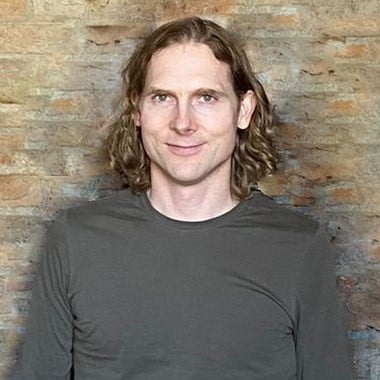
Henry J. Whitfield
Henry Whitfield is an Association of Contextual Behavioural Science (ACBS) Peer-reviewed Acceptance and Commitment Therapy trainer, an Accredited Advanced TIR (PTSD therapy) Trainer, a Cognitive Behavioural Psychotherapist (MSc – CBT) and Visiting Research Fellow at Regent’s University – School of Psychotherapy and Psychology. For over seven years Henry ran and supervised brief therapy for PTSD projects for Victim Support and Mind in London gun crime hot spots, using CBT and TIR.
Henry has also trained over 1500 psychological therapists since 2003, supervising mental health professionals the NHS for ACT and Trauma work. He is also a passionate integral thinker, publishing journal articles and book chapters on the integration of therapeutic models including, REBT-mindfulness, ACT-TIR-CBT, Person-centred-TIR. His psychedelic plant medicine path has changed how he does psychotherapy especially with self-concept issues. He has written, co-written and edited training manuals for ACT, TIR and FAP (relational psychodynamic). Now he focuses his research on the development of ACT-consistent models for psychedelic preparation and integration, with psychedelic process research for Regents University London. He is also author of a new model of psychological flexibility A Spectrum of Selves, tailored to a psychedelic therapy context published 2021 in Frontiers in Psychiatry.
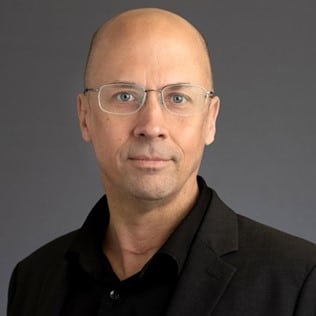
Dr Robert Krause
Robert Krause DNP APRN-BC is the founder and Director of Clinical Services at Centered PLLC in New Haven, CT. His work involves clinical practice, education and research. He has been in practice for 27 years currently treating adults with a wide range of presentations from those with seriously and persistently mental illness, trauma, depression, and comorbid diagnosis to couples and families.
As an educator Dr Krause has been faculty at the Yale’s Schools of Medicine and Nursing, Quinnipiac University, Western Connecticut State University, and The Graduate Institute. He has also precepted graduate students in psychiatric nursing, and in professional counseling. He is currently a faculty member on a massive online course called “Addiction Treatment: Clinical Skills for Healthcare Providers” that has enrolled 62,000 students to date. He has facilitated or co-facilitates trainings for Ketamine Assisted Therapy including assisting Dr Phil Wolfson in a Ketamine training earlier this year. He has also contributed to the development of the Expanded ACT training for psychedelic therapy with Henry Whitfield. Additionally, he has supervised therapists for ketamine assisted therapy and has supervised therapists providing psychedelic therapy using psilocybin analogs for the Embark program of Cybin pharmaceuticals.
Dr. Krause has been trained in and utilizes a number of different therapeutic modalities including Trauma therapy (certificate from Harvard University), Acceptance and Commitment Therapy (ACT), Trauma Incident Reduction (TIR), Sex therapy (certificate from CIIS) and Psychedelic therapy ( from CIIS), Ketamine Assisted Therapy (Ketamine Training Center). He is a MAPS therapist.
Dr Krause was a co-author of Yale’s Manual for Psilocybin Assisted Therapy and was a therapist with the Psilocybin induced neuroplasticity in the treatment of Major Depressive Disorder at the Yale School of Medicine. Among publications he has co-authored are:
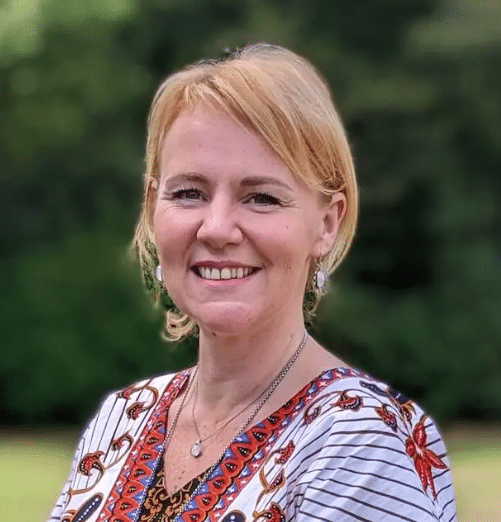
Tamara Slock
Tamara has studied plant medicine with a Mestizo Maestro and is currently studying under a Shipibo Maestro from Peru. She is the co-founder and manager of Mother’s House, where she supports research and conducts psychedelic ceremonies. She also works closely with ICEERS, organizing workshops on harm reduction and safety protocols for facilitators working with psychedelics.
As a former nurse, Tamara realized that the compassion she had for her patients was a big part of the healing process. She started following the path of Yoga, became a breathworker, bodyworker and Reiki practitioner, exploring different pathways for holistic wellbeing. During retreats she uses music and various healing practices to help facilitate ceremonies. Over the years, Tamara has witnessed many people heal their trauma with the help of psychedelics. She’s driven to enact a balance between therapeutic practices and indigenous shamanic teachings. For her, it’s not a job—it’s a calling and a way of life.